The latest data coming from Europe has sparked plenty of conversation in the EV world, and for all the wrong reasons for Tesla. The iconic EV maker, once a dominant force, is seeing its market share on the continent plummet, down by 50% in just the past year. That’s a huge fall, and it’s raising questions about what’s behind this decline and what it means for Tesla’s future in Europe and globally.
▶️MORE: Survey Reveals Elon Musk's Influence Turning Australians Off
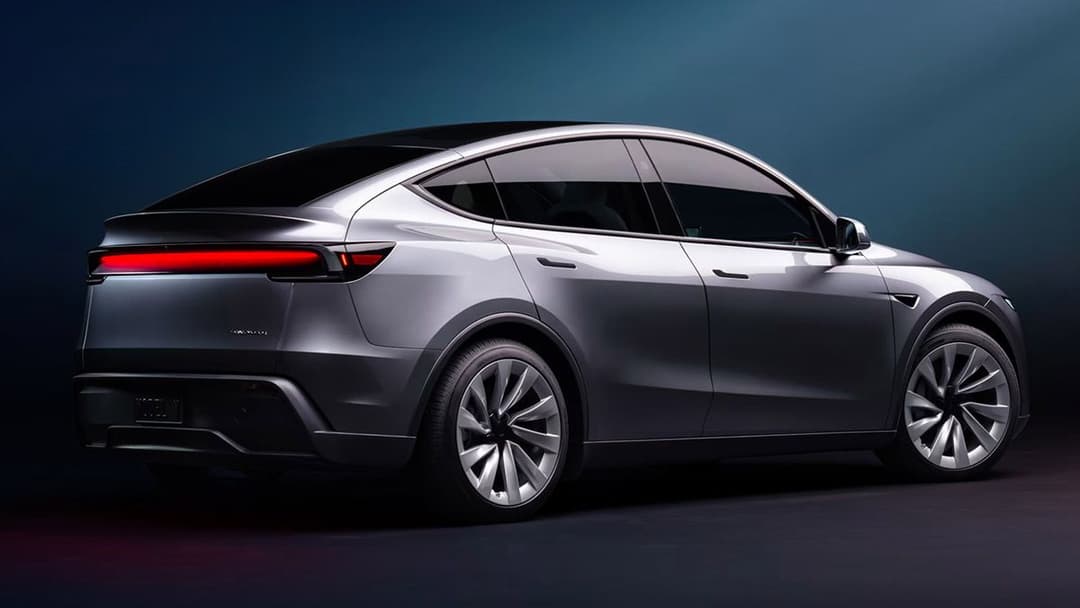
Tesla’s Market Share Takes a Hit
According to Schmidt Automotive Research’s most recent data, Tesla’s share of the West European new passenger car market has sunk to its lowest point in nearly three years. In Q1 2025, Tesla’s market share was a mere 1.7%, compared to 3.4% in Q4 2024. Sales have declined by 36.3%, with just 52,300 units sold in the first quarter of 2025. That’s nearly triple the global sales decline of 13% Tesla experienced during the same period last year. It’s a significant slump, and it’s clear that something’s going wrong for the electric giant in Europe.
▶️MORE: Poll Reveals 67% of Americans Wouldn’t Buy a Tesla
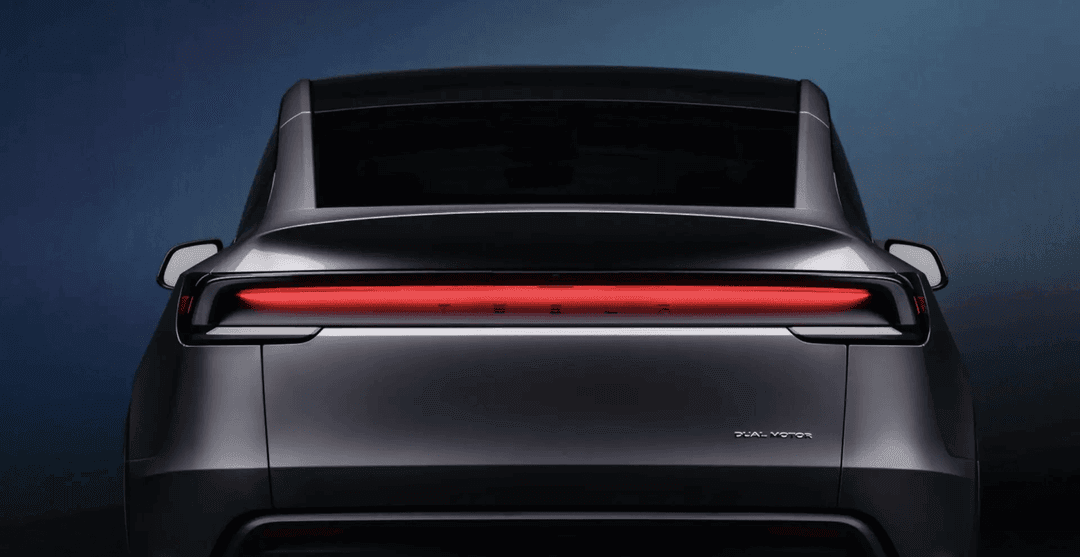
Theories Behind the Slump
So, what’s causing this dramatic dip? A number of factors are being thrown around.
- Increased Competition: With an increasing number of options from other brands, Tesla’s early dominance in the EV market in Europe is no longer unchallenged. As more manufacturers step up their game, especially European automakers like Volkswagen, it’s no surprise Tesla’s market share is slipping. In fact, Volkswagen Group now holds 28% of Europe’s new battery electric vehicle (BEV) market, more than double Tesla’s share of 15.5%. Volkswagen, along with others, is pushing hard to meet EU-wide CO2 fleet targets from 2025, and they’re doing it with a growing portfolio of electric cars. Tesla’s once-untouchable position is looking less secure.
▶️MORE: BYD Overtakes Tesla in Global Sales
- Model Y Delays and Re-tooling: Another possible reason is the ongoing re-tooling of Tesla’s popular Model Y. With production delays and the delayed arrival of the refreshed version, some customers have been left waiting longer than expected to take delivery. This is not helping Tesla's numbers in a market where customers want options—and they want them now.
- Elon Musk’s Polarising Political Influence: Elon Musk’s personal brand also appears to be impacting sales. While Musk’s tweets and business decisions have made headlines around the world, his outspoken political stances have made some European buyers think twice about purchasing his vehicles. His support for far-right political movements in Europe has alienated a portion of the market. Tesla has become, for some, a symbol of more than just electric cars, it’s become a proxy for broader political opinions, and that’s undoubtedly a factor in these declining sales.
▶️MORE: More Tesla Owners Trading In Than Ever Before
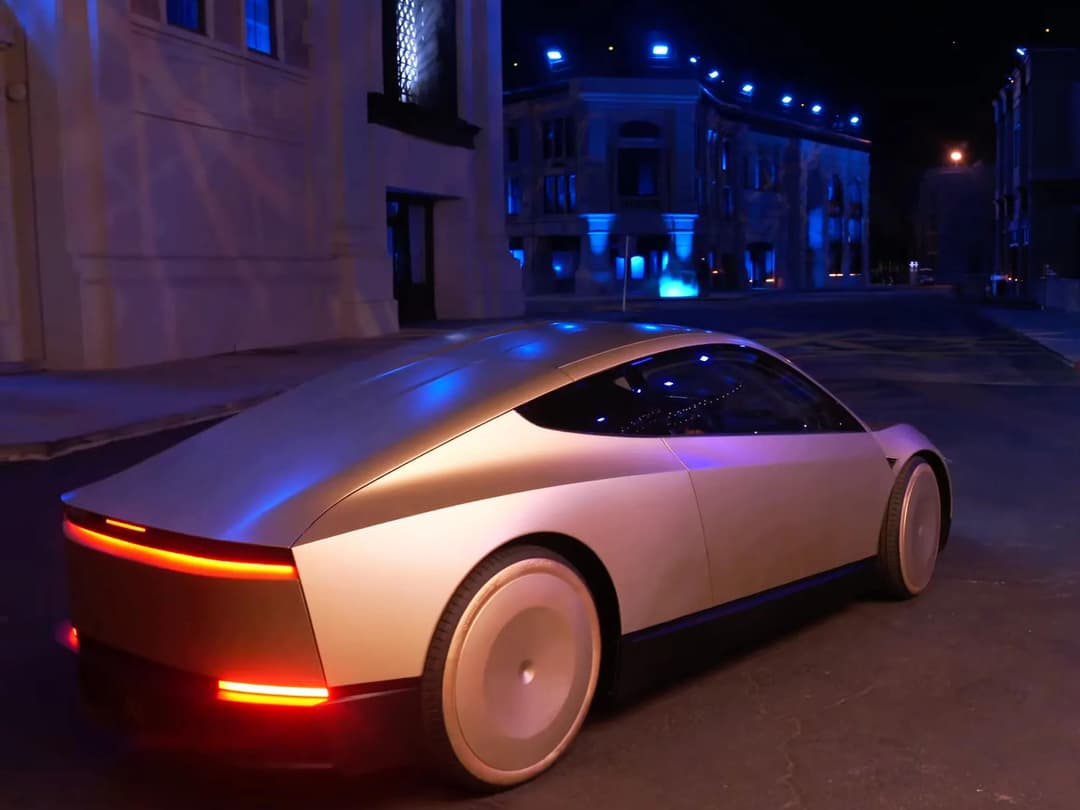
The European Market: A Fork in the Road
Schmidt Automotive Research summed it up perfectly, stating that Tesla finds itself at a “fork in the road.” It’s clear that competition is heating up, and Tesla will need to adapt quickly to maintain its position as a leader in Europe’s EV market.
While some analysts are chalking it up to increased competition and production delays, others point to broader issues. With Volkswagen’s surge and new players entering the EV space, Tesla is being forced to contend with more choices for consumers. And with Musk’s polarising presence, it’s no surprise that some European buyers may be turning away from the brand.
▶️MORE: Tesla's Australian Sales Plunge to Lowest in Two Years
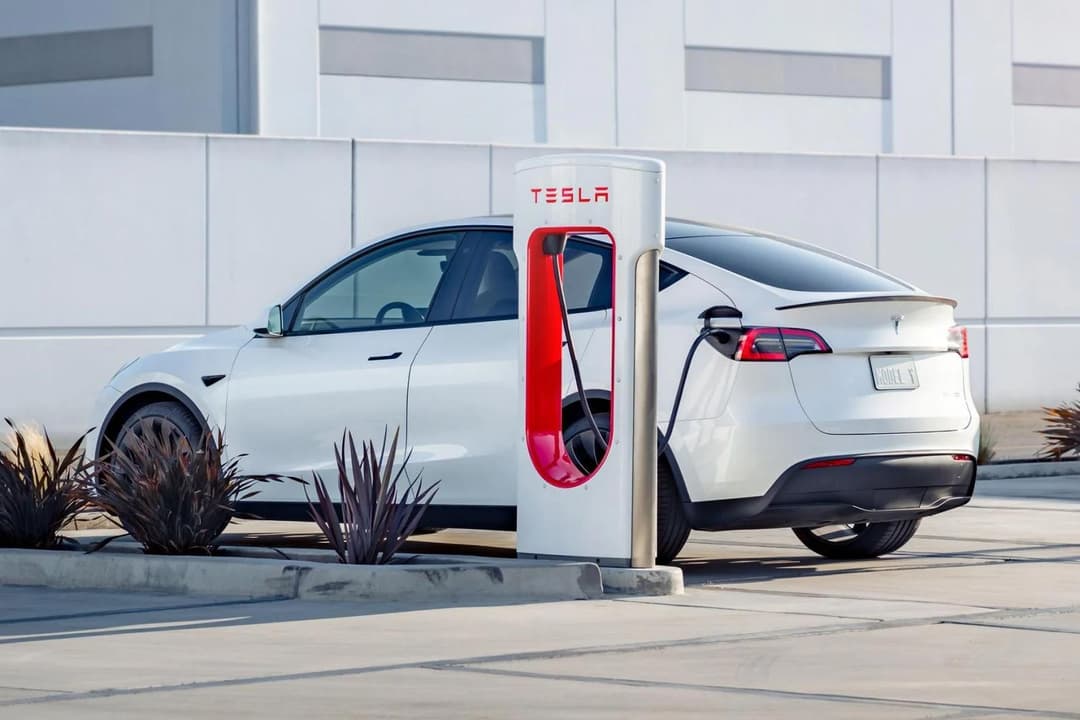
Volkswagen’s Resurgence and What It Means for EV Enthusiasts
Over the past year, Volkswagen has surged ahead in the electric vehicle market in Europe. Their ID series of electric cars has gained serious traction, and with 28% of the market share in the BEV category, they are now the clear leader in Europe. Tesla’s 15.5% share doesn’t seem nearly as impressive in comparison.
For EV buyers in Australia, this is an important development to keep an eye on. Volkswagen’s growth in Europe is not just a European trend, it could soon spill over into the Australian market, where Volkswagen has already established a strong presence. As the competition intensifies, Australian consumers will have more options when it comes to picking their EVs.
▶️MORE: Australia’s EV Market Set or Massive Growth in 2025
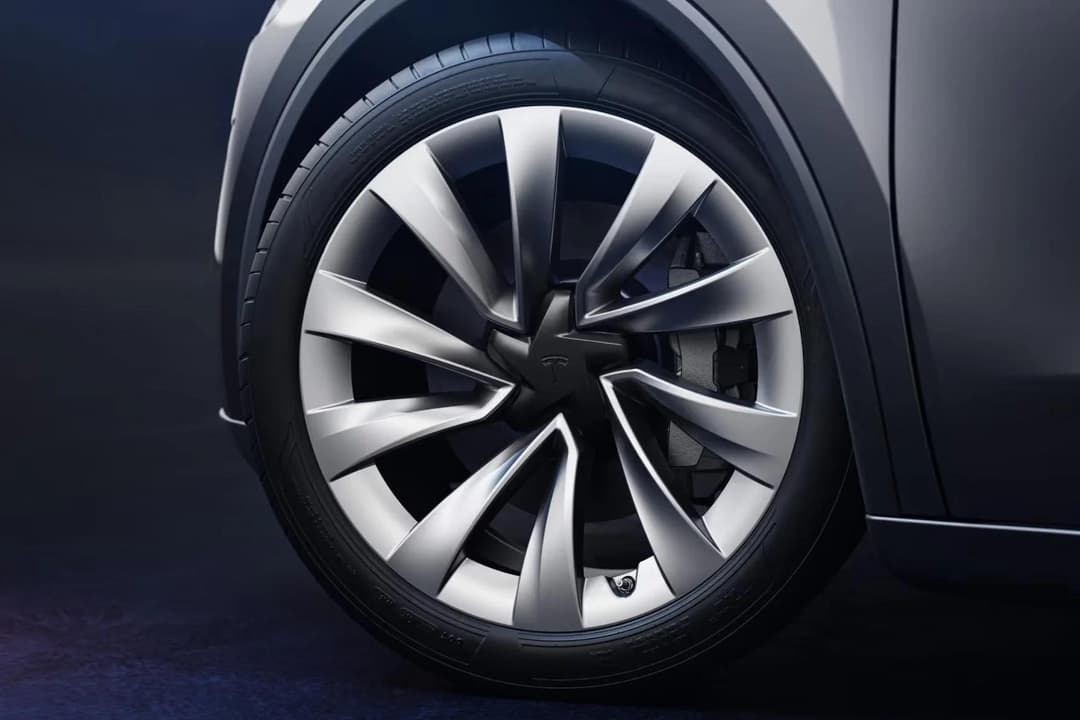
Chinese EV Sales: Stalled for Now, But Not Gone
Despite the anti-subsidy tariffs the EU imposed on Chinese electric vehicles last November, Chinese manufacturers haven’t given up. While the tariffs have made it harder for these companies to make a big impact in Europe, they’re adapting by turning to hybrids and internal combustion engine vehicles.
For Australian EV buyers, this is a reminder that China’s EV makers are continuing to evolve. Even if they’re not yet dominating in Europe, they are still working hard to make their mark. This means more affordable options and innovation on the horizon for us as well.
➡️MORE:Home charging guide for Tesla Model 3 & Y
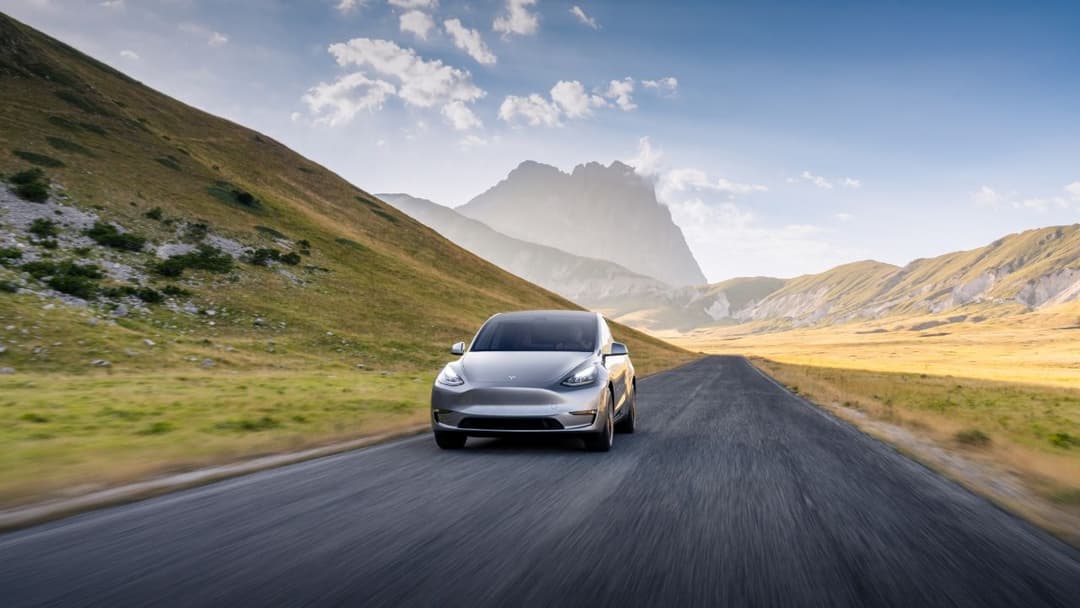
What’s Next for Tesla?
The big question is, what does this all mean for Tesla’s future? Well, the company is at a crossroads, and how it responds to these challenges will shape its future. Will it continue to dominate the EV market, or will it be overtaken by competitors like Volkswagen and others?
For now, the pressure is on. Tesla has the technology, the brand recognition, and the infrastructure, but with the growing competition, delays in new models, and the influence of Musk’s public persona, it’s clear that maintaining dominance will take more than just innovation, it will require smart strategy and adaptability.
Stay up to date with the latest EV news
- Get the latest news and update
- New EV model releases
- Get money savings-deal
